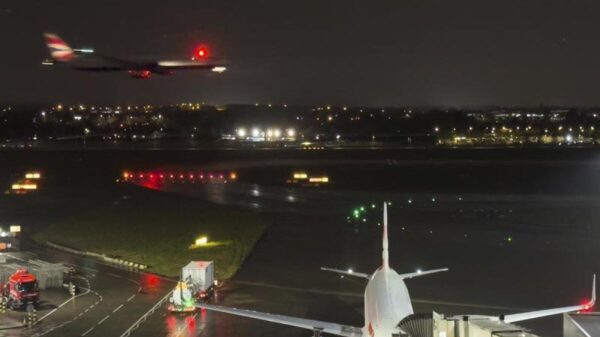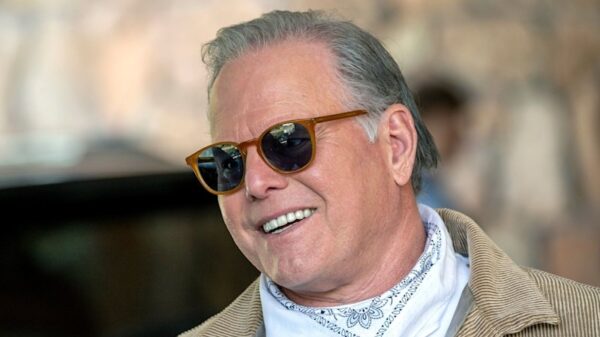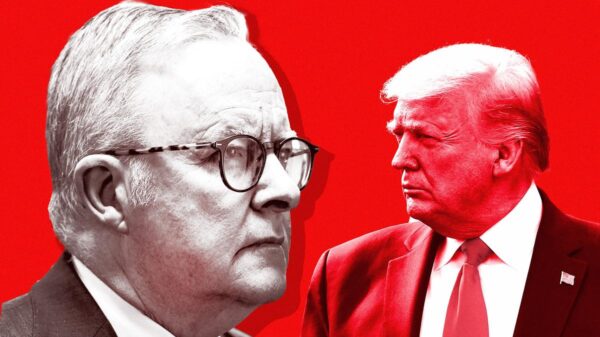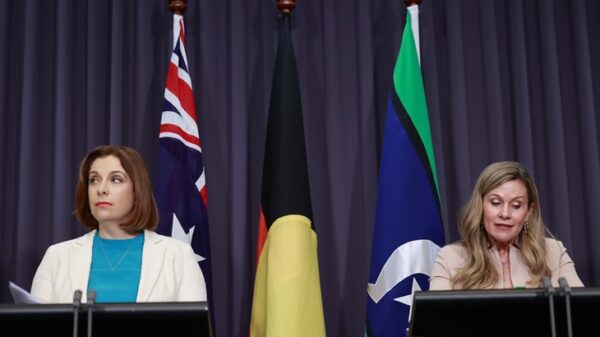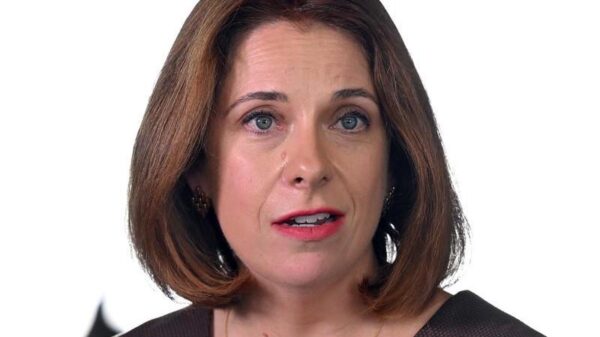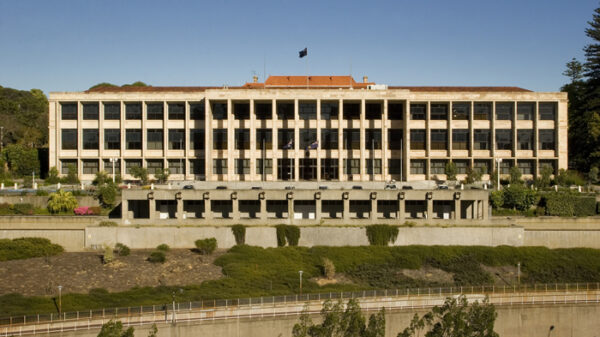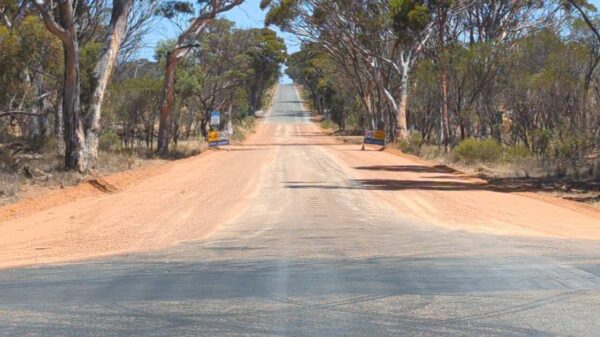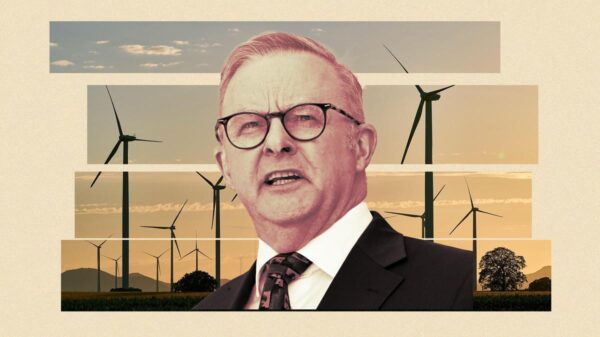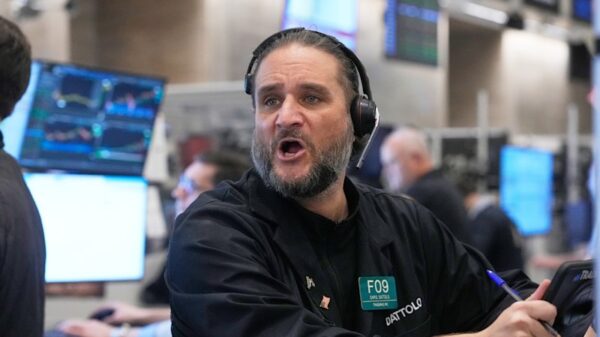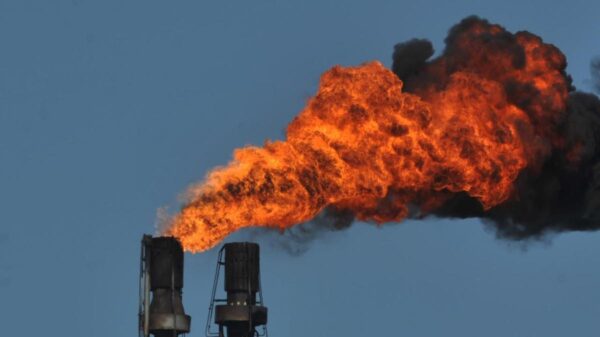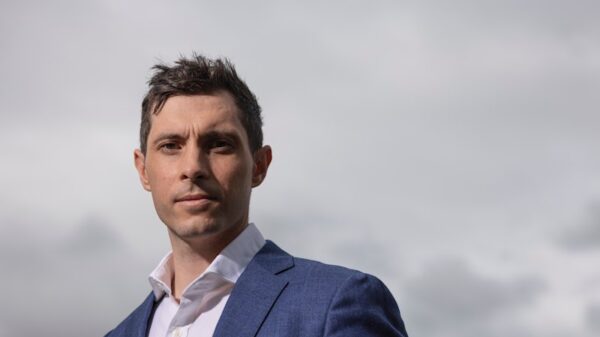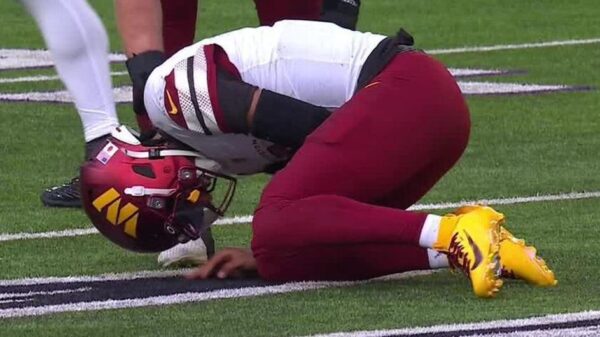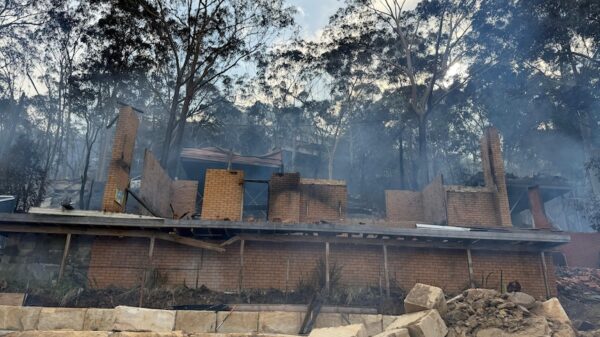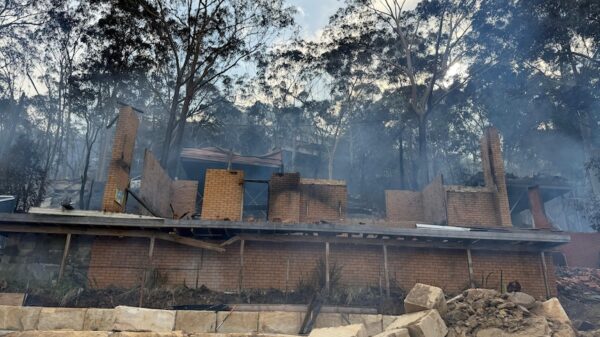In a significant development regarding free speech laws in the UK, Mark Rowley, the commissioner of the Metropolitan Police, has urged the government to clarify and potentially reform existing legislation. This call comes in response to the recent arrest of Irish comedian Graham Linehan, who was detained on suspicion of inciting violence against transgender individuals through social media posts.
Linehan, known for creating the popular 1990s comedy series Father Ted and writing The IT Crowd, was taken into custody on March 25, 2024, after arriving at Heathrow Airport on a flight from Arizona. He later stated that his arrest stemmed from three posts made on the platform X, one of which included a controversial statement about violence against transgender women. Linehan claims that his post was misconstrued and described his arrest as being “for jokes.” He was released on bail later that day.
Debate Over Free Speech and Policing
The incident has reignited a heated debate about the balance between free speech and public safety in Britain. In his statement, Rowley indicated that police officers often find themselves in difficult positions due to the ambiguous nature of current laws, which he believes draw them into contentious cultural debates. He proposed that the government should amend these laws to allow police to focus their resources on cases that pose a genuine threat to public safety.
“We need to ensure only the most serious cases are taken forward in future where there is a clear risk of harm or disorder,” Rowley stated.
Linehan’s arrest has drawn national attention, with notable figures such as Nigel Farage raising concerns in the US Congress. Farage described the situation as “genuinely worrying” and likened it to conditions in North Korea. Meanwhile, Linehan is scheduled to face trial on separate charges of harassment against a transgender rights campaigner, which he denies.
Responses from Advocacy Groups and Politicians
The Metropolitan Police, while not naming Linehan directly due to privacy laws, confirmed that a man in his fifties had been arrested on suspicion of inciting violence. This has led to varied reactions from political figures and advocacy groups. Chris Philp, a senior member of the Conservative Party, criticized the arrest as “totally disproportionate,” especially in light of the police’s handling of other crimes such as shoplifting and theft.
In contrast, Zack Polanski, the leader of the Green Party, stated that Linehan’s posts were “totally unacceptable” and suggested that the arrest appeared to be a proportionate response. India Willoughby, a transgender broadcaster, expressed concerns that online posts could incite violence, arguing that free speech is sometimes used as a justification for bullying marginalized groups.
The Trans Safety Network, a prominent British transgender advocacy group, condemned Linehan’s tweet as a clear call for violence and stated that the current discussions surrounding his arrest could further legitimize violence against transgender individuals. They emphasized that while they do not believe policing tweets will solve issues of transphobic violence, the rhetoric from officials is concerning.
Daniel Sohege, director of the human rights group Stand for All, noted a troubling rise in hate speech toward transgender and nonbinary individuals in the UK. “It is too easy for online hate to be brushed off as ‘just something someone posted,’ but we continue to see that it has real implications on the welfare of those individuals being targeted,” he said.
As the debate continues, the government has reiterated its focus on serious violence and street crime, leaving open the question of how free speech will be balanced with public safety in future legal frameworks.








